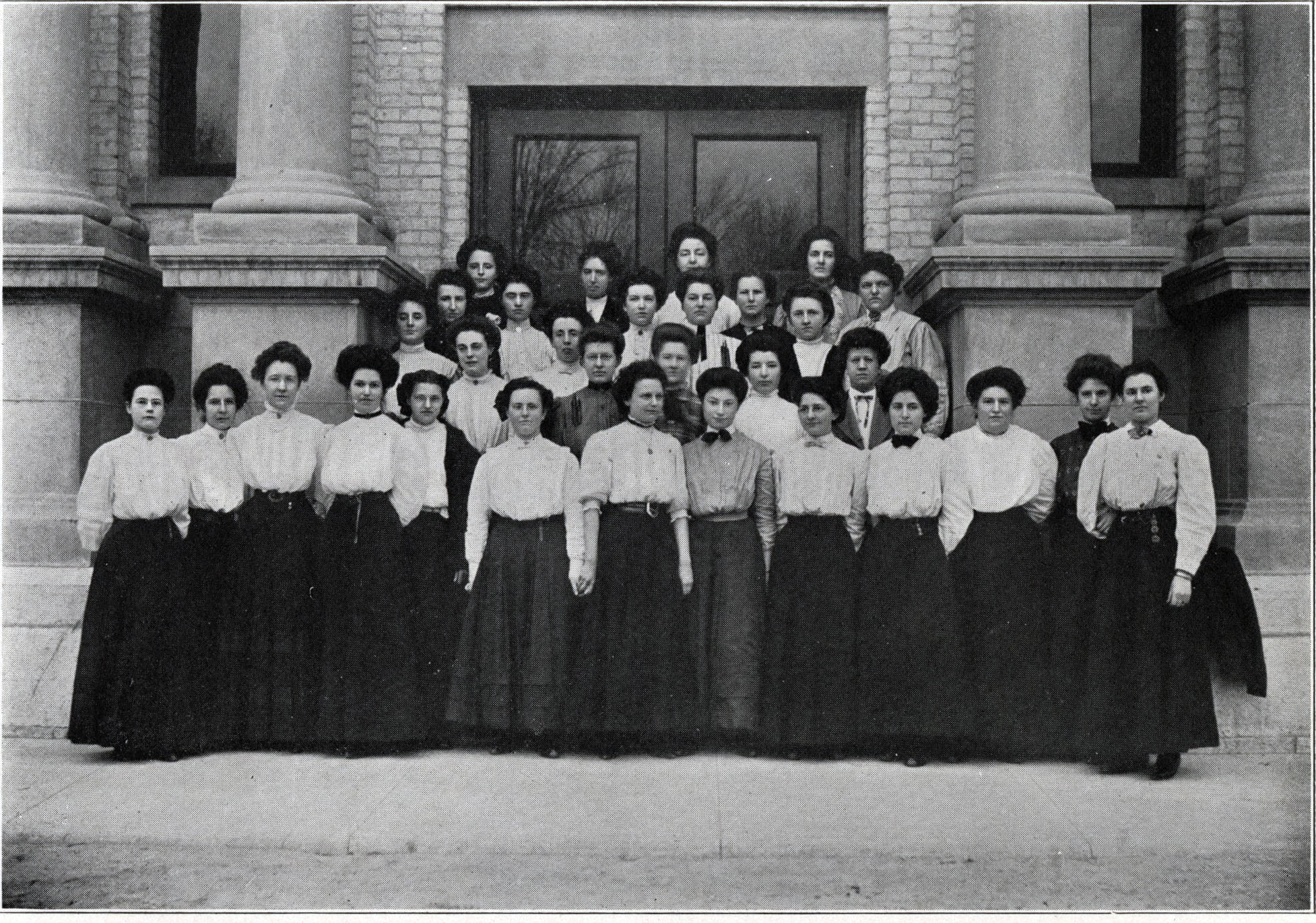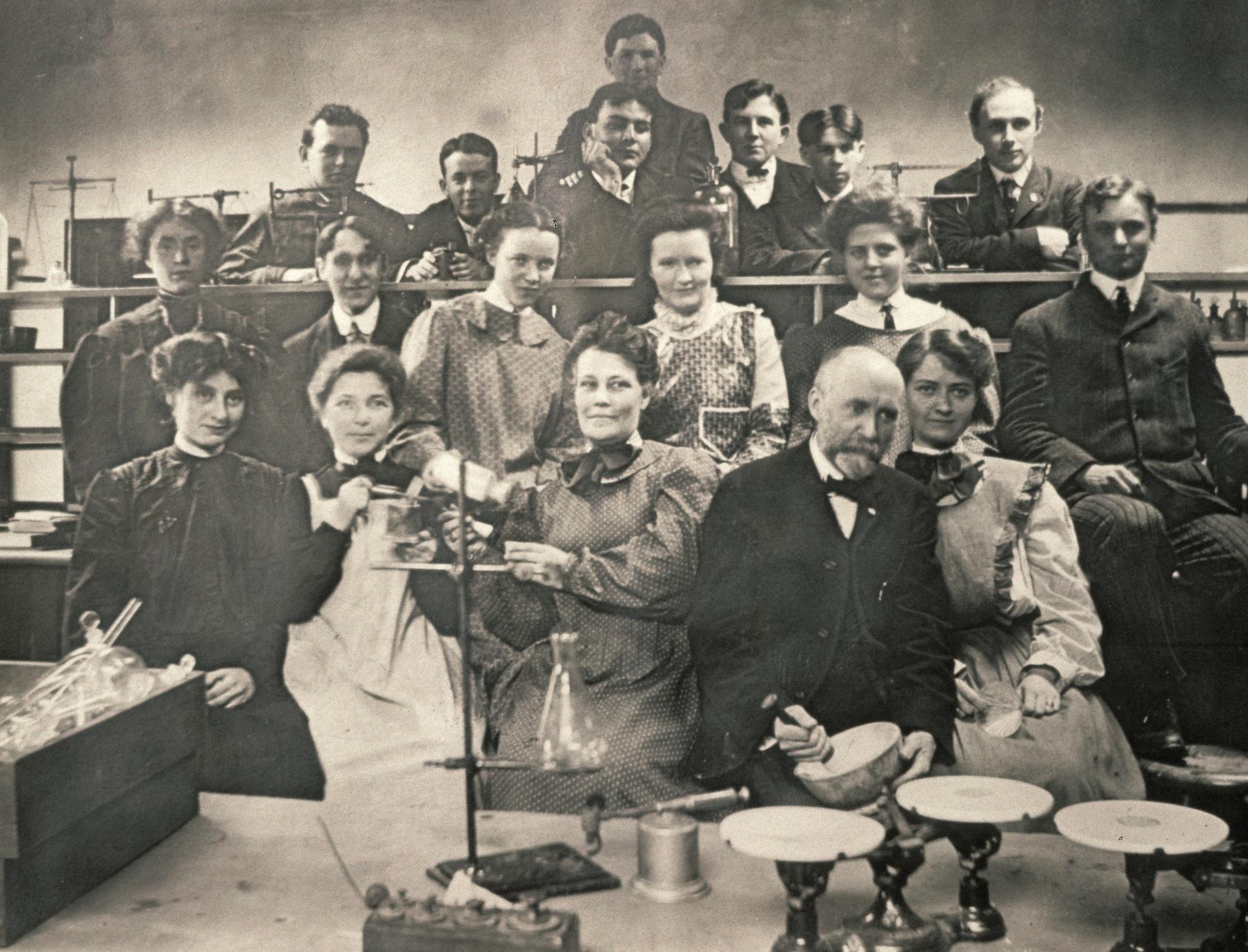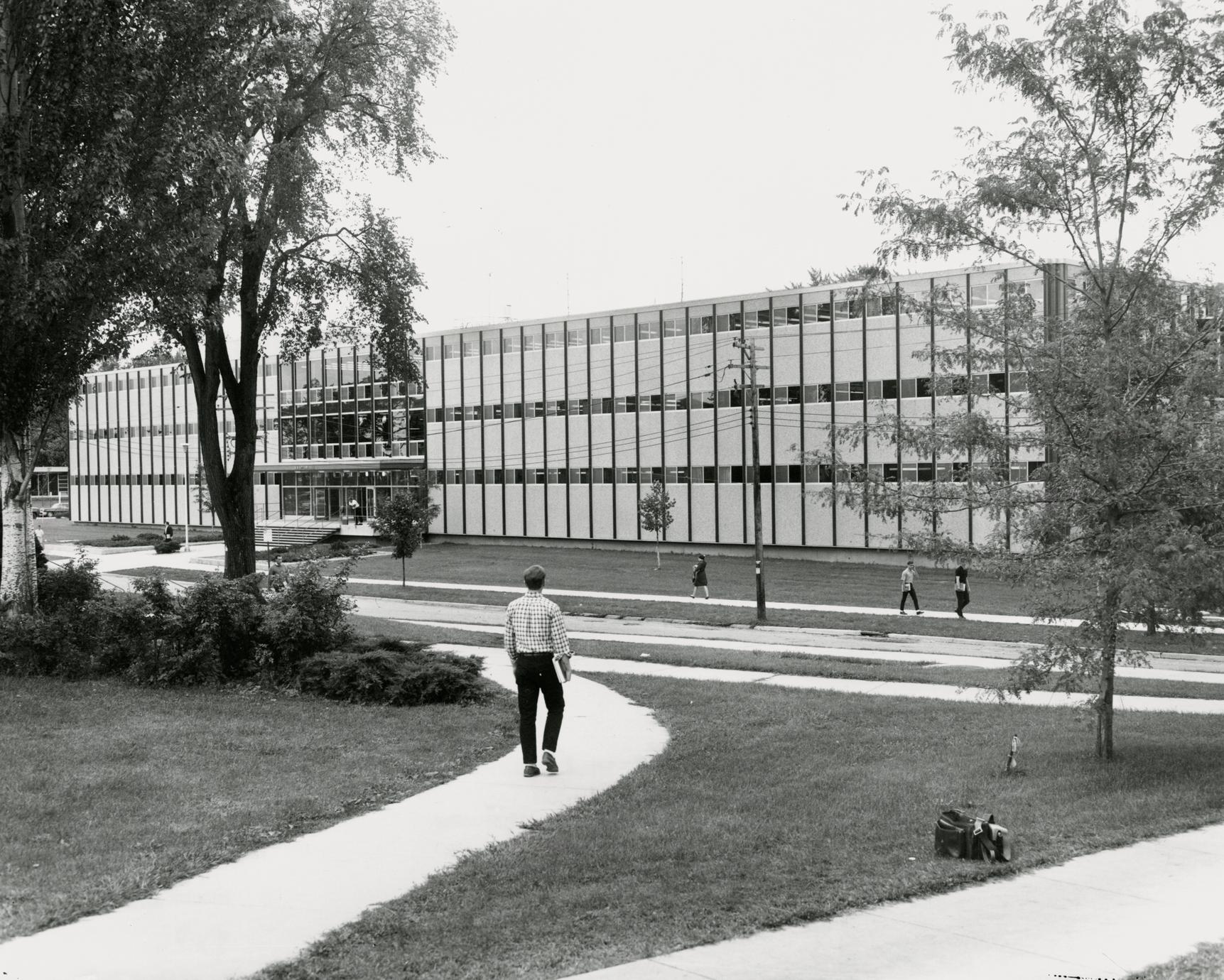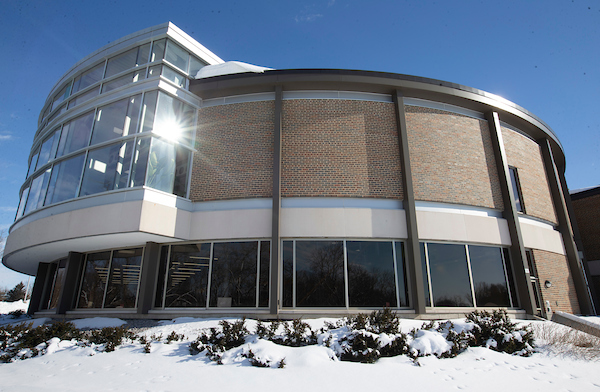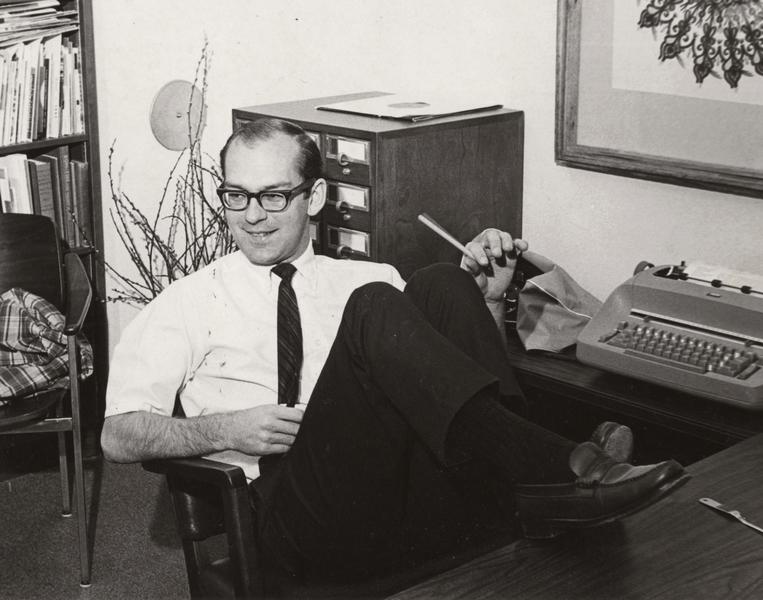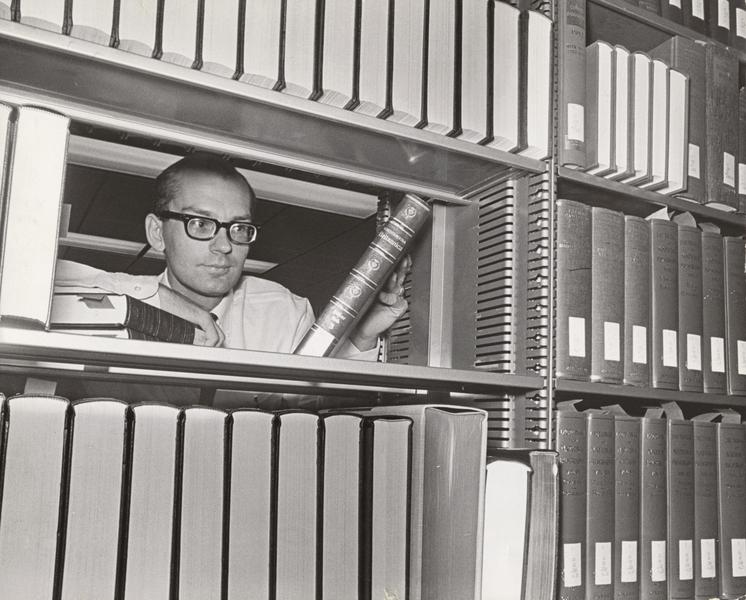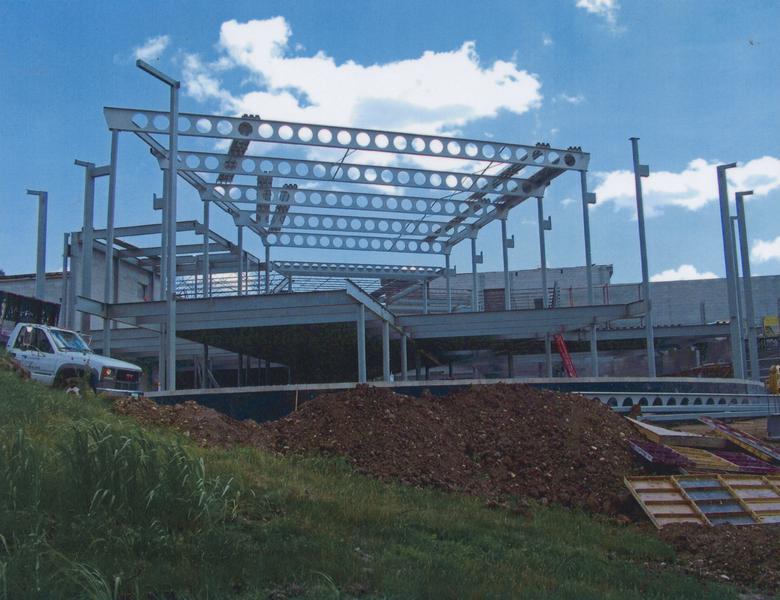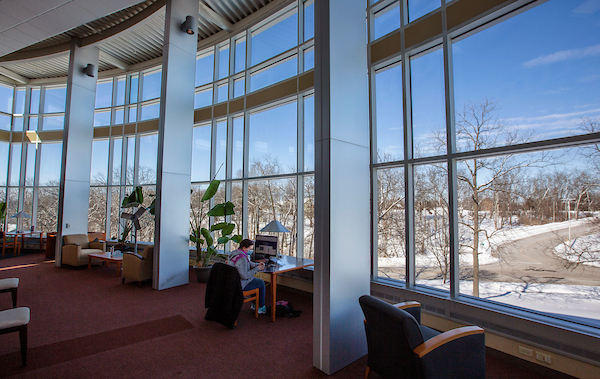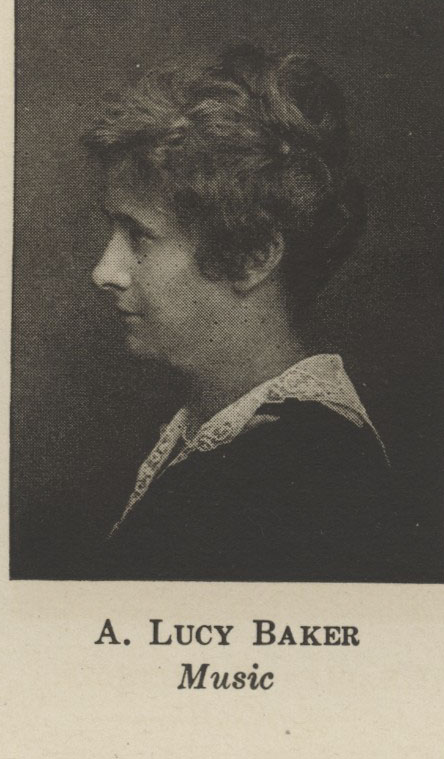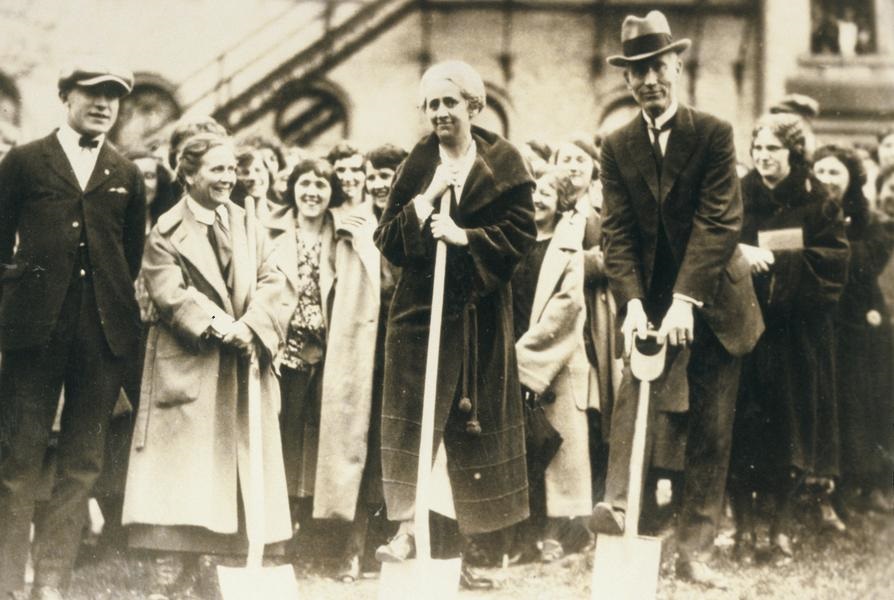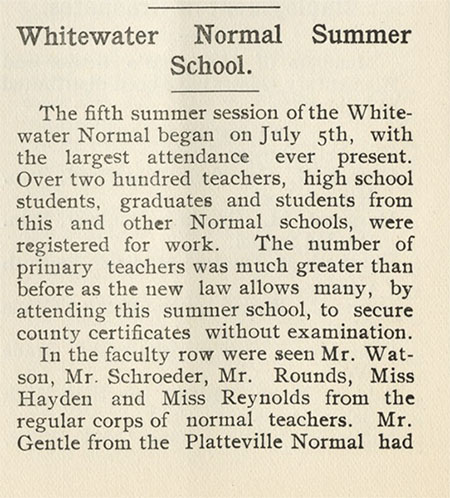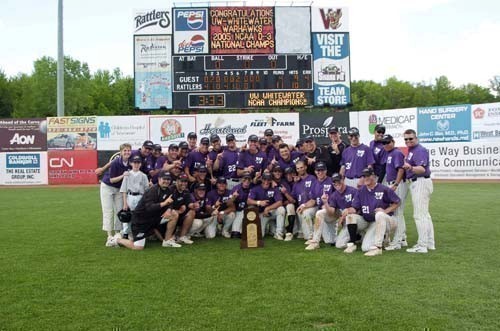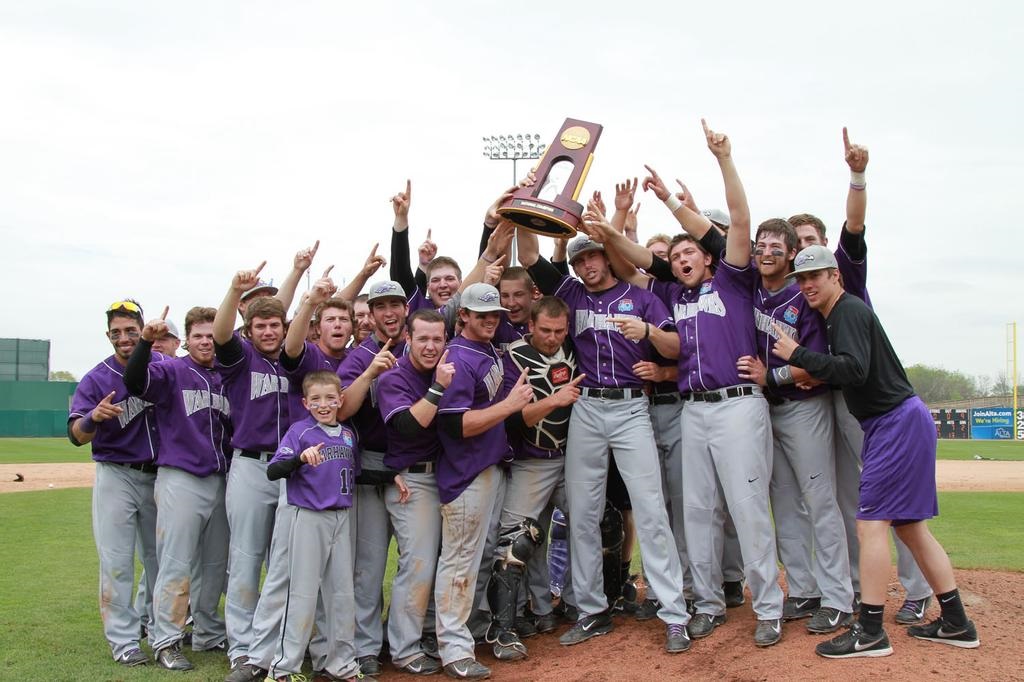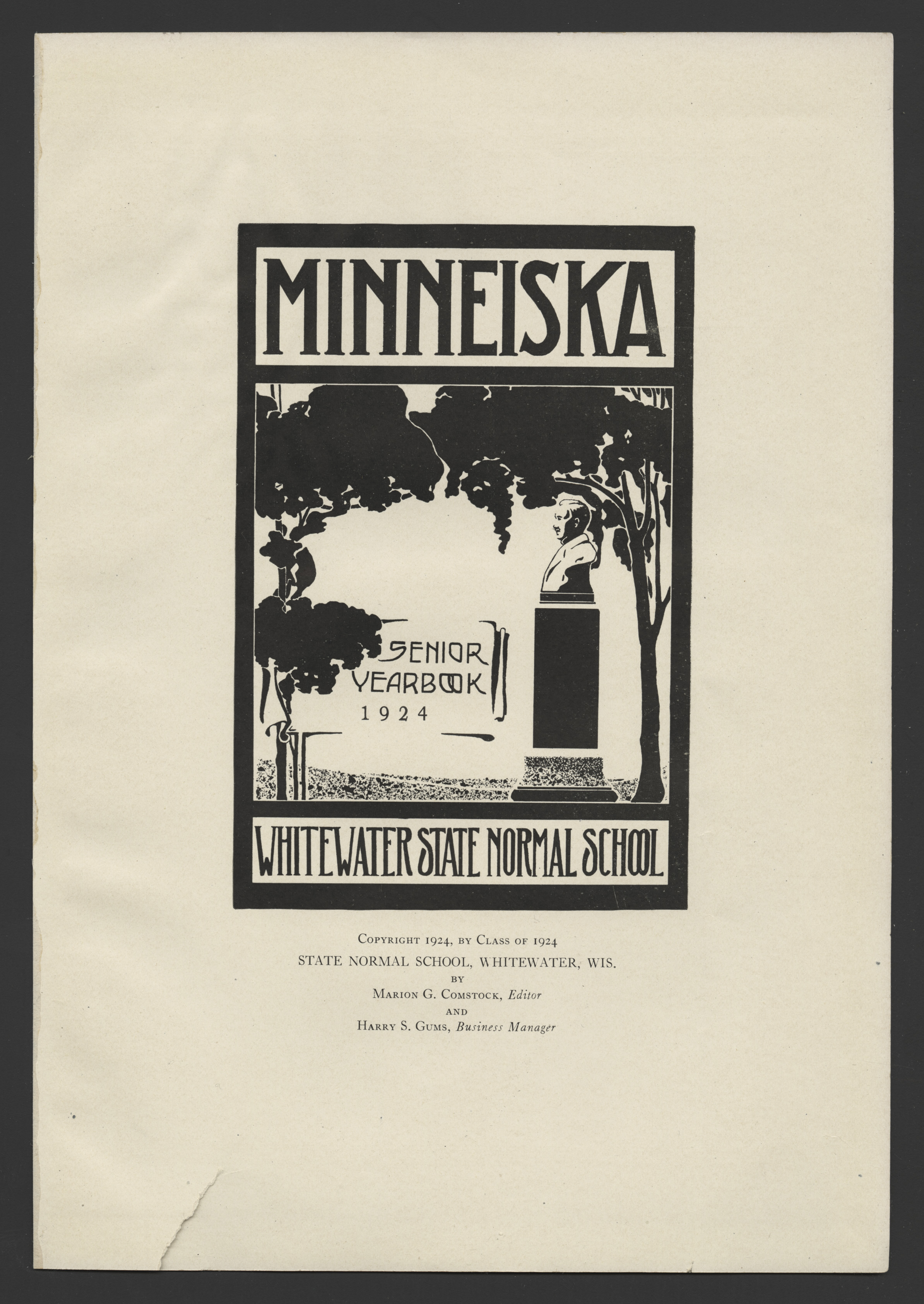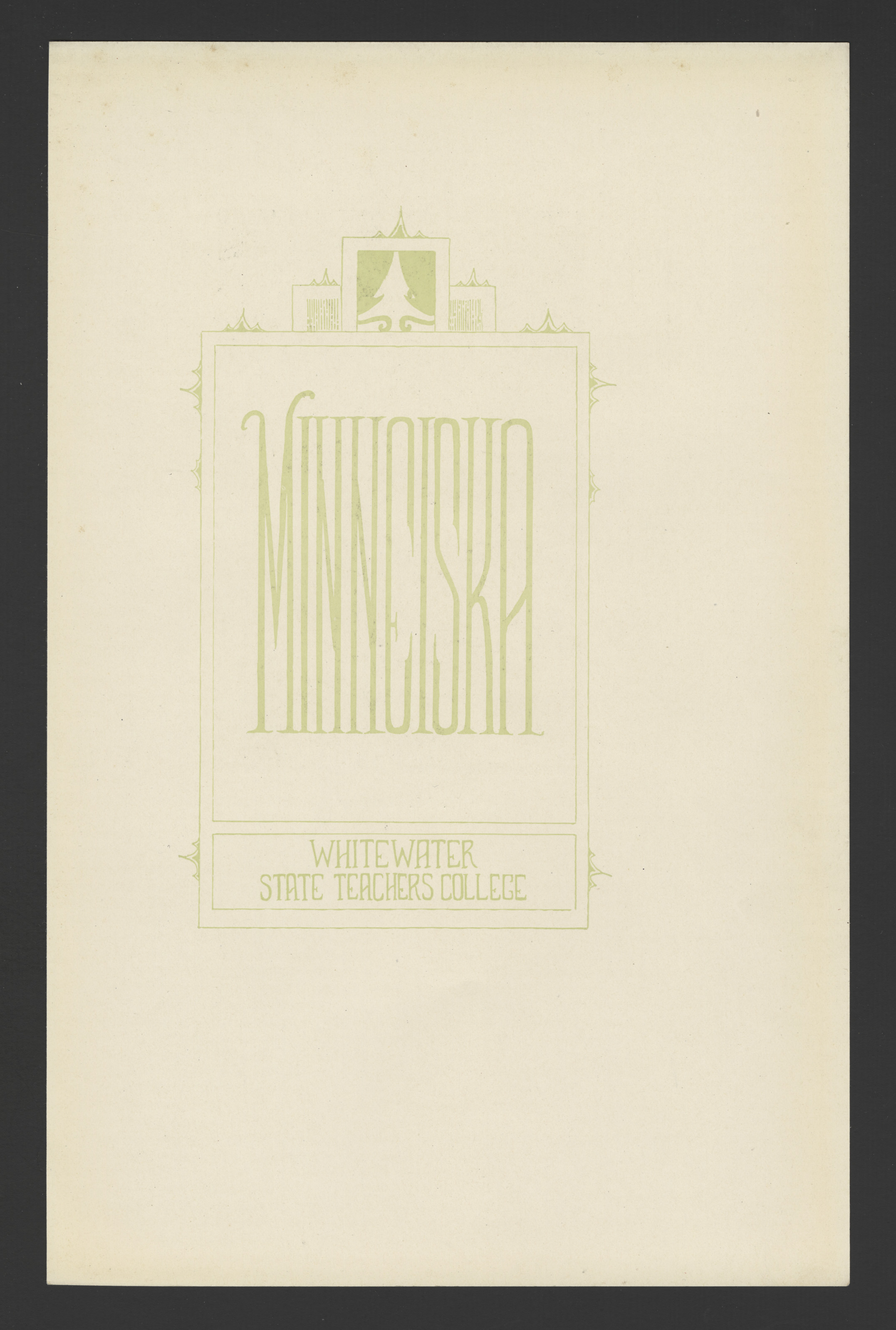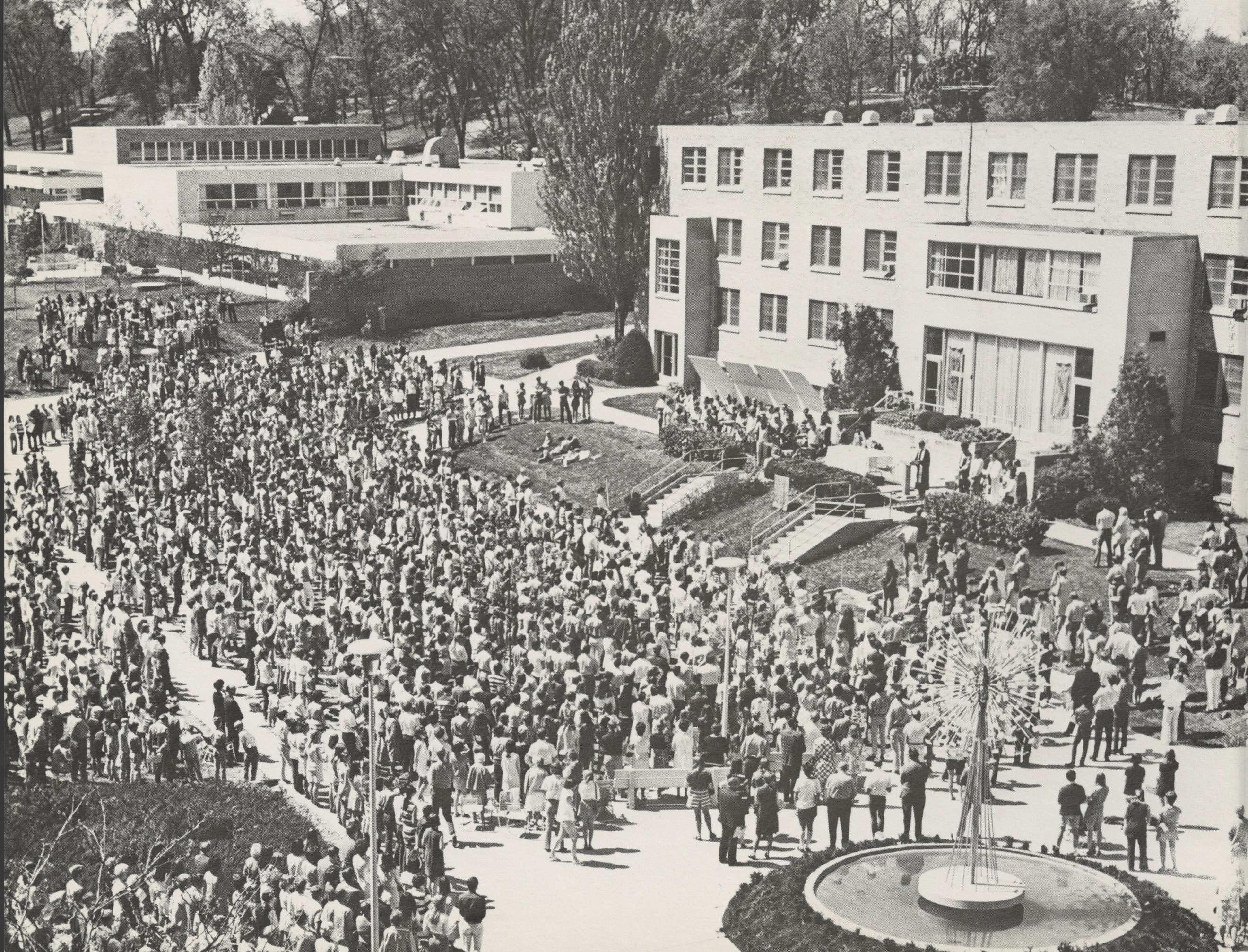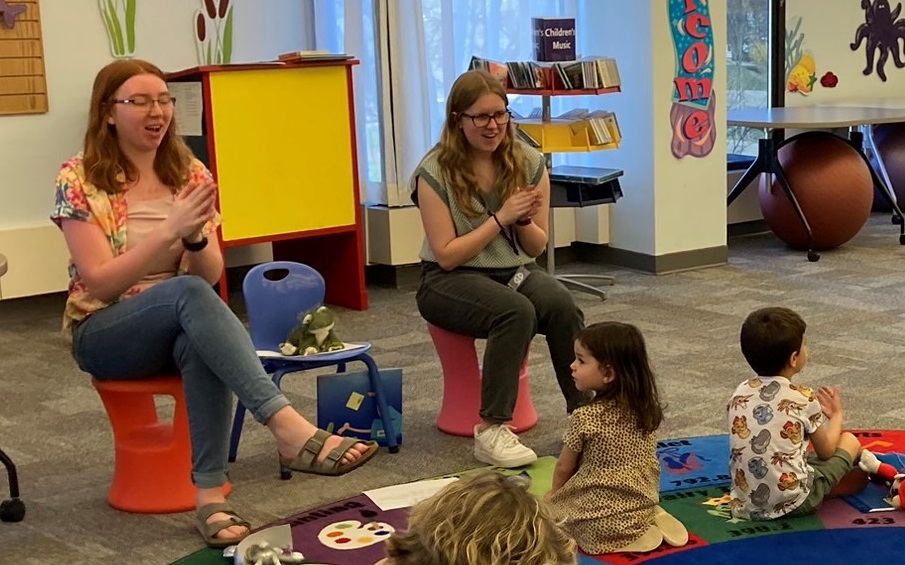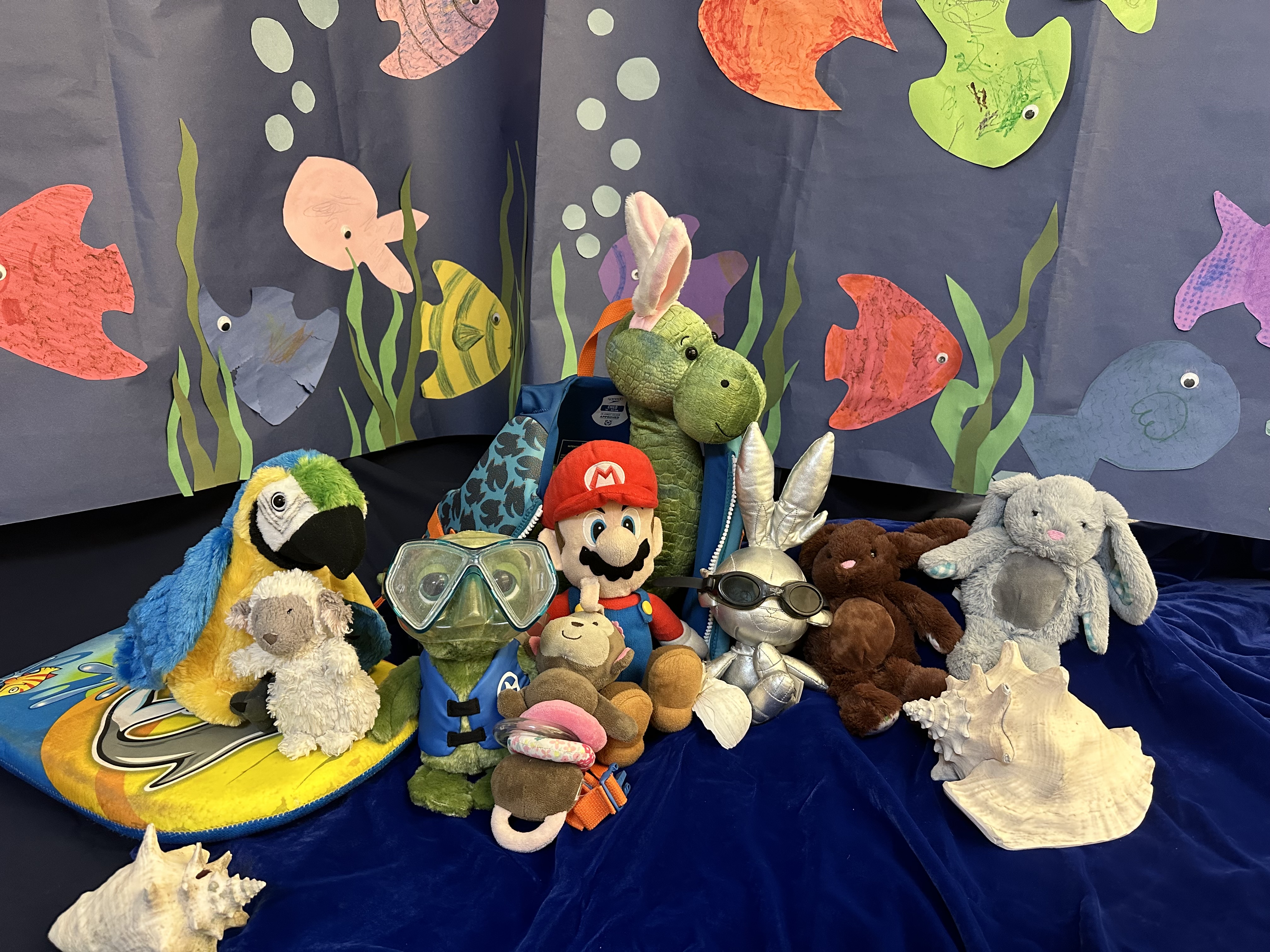Long before Whitewater Normal School (now UW-Whitewater) had fraternities and sororities, students joined literary societies. On May 1, 1868, just ten days after the school opened its doors, the Lincolnian Literary Society (LLS) convened for the first time.[1] Literary societies were early social organizations with strict rules for membership and conduct. The LLS, comprised solely of male students, hosted programs that included music performances, oration, and debate.

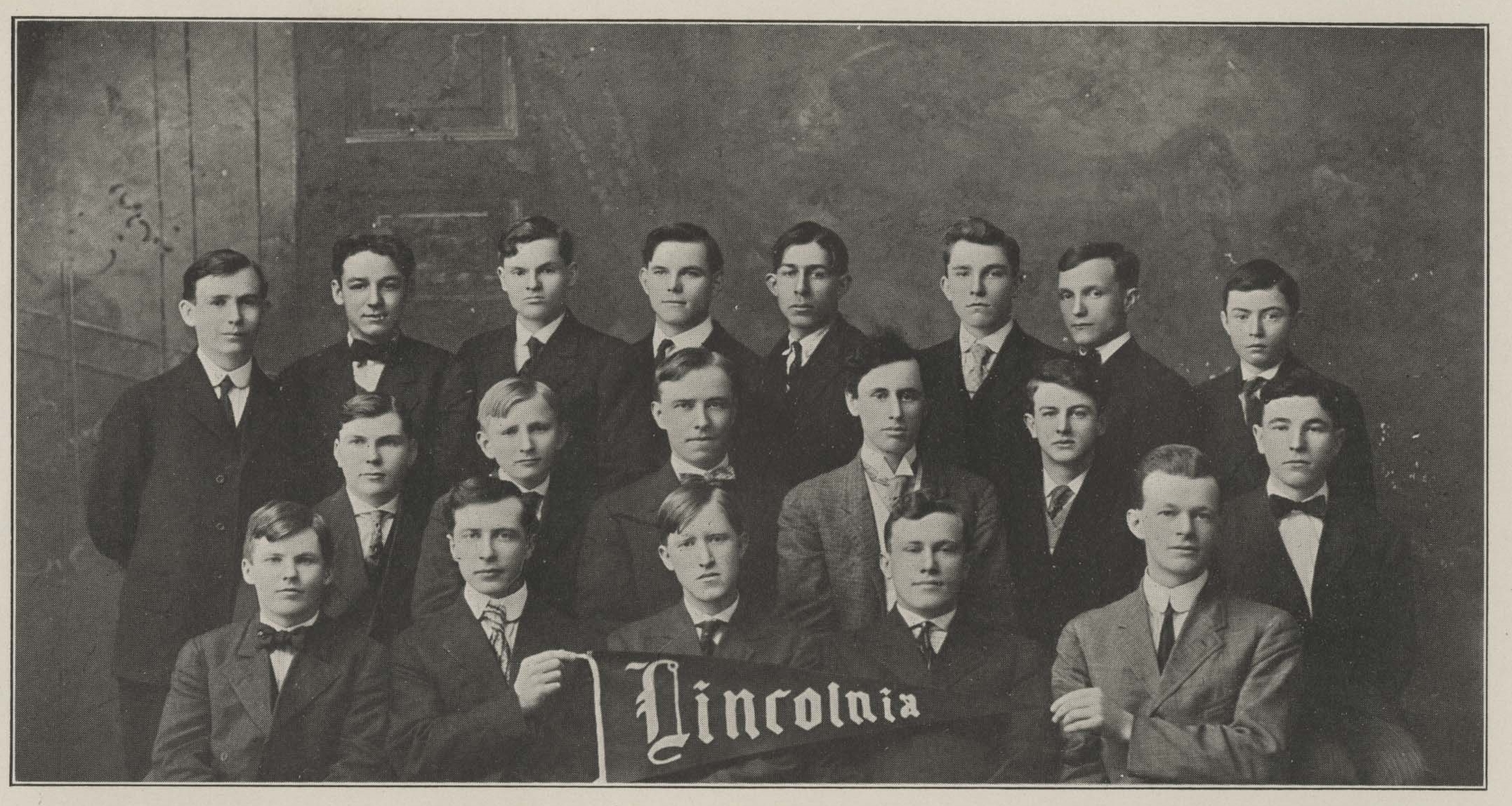
Not to be outdone by the gentlemen, the female students soon organized into the Young Ladies Literary Society (YLLS) and met to adopt a constitution in February 1872. [4] The Constitution, By-Laws, and Rules of Order for the group read as follows:
“We the undersigned do declare ourselves an Association for mutual improvement in Elocution, Composition, and Debate, and for enlarging our fund of general intelligence; in the pursuit of which objects we desire to exhibit a due consideration for the opinions and feelings of others, to maintain a perfect command of temper in all our in intercourse, to seek for truth on all our exercises..”[5]
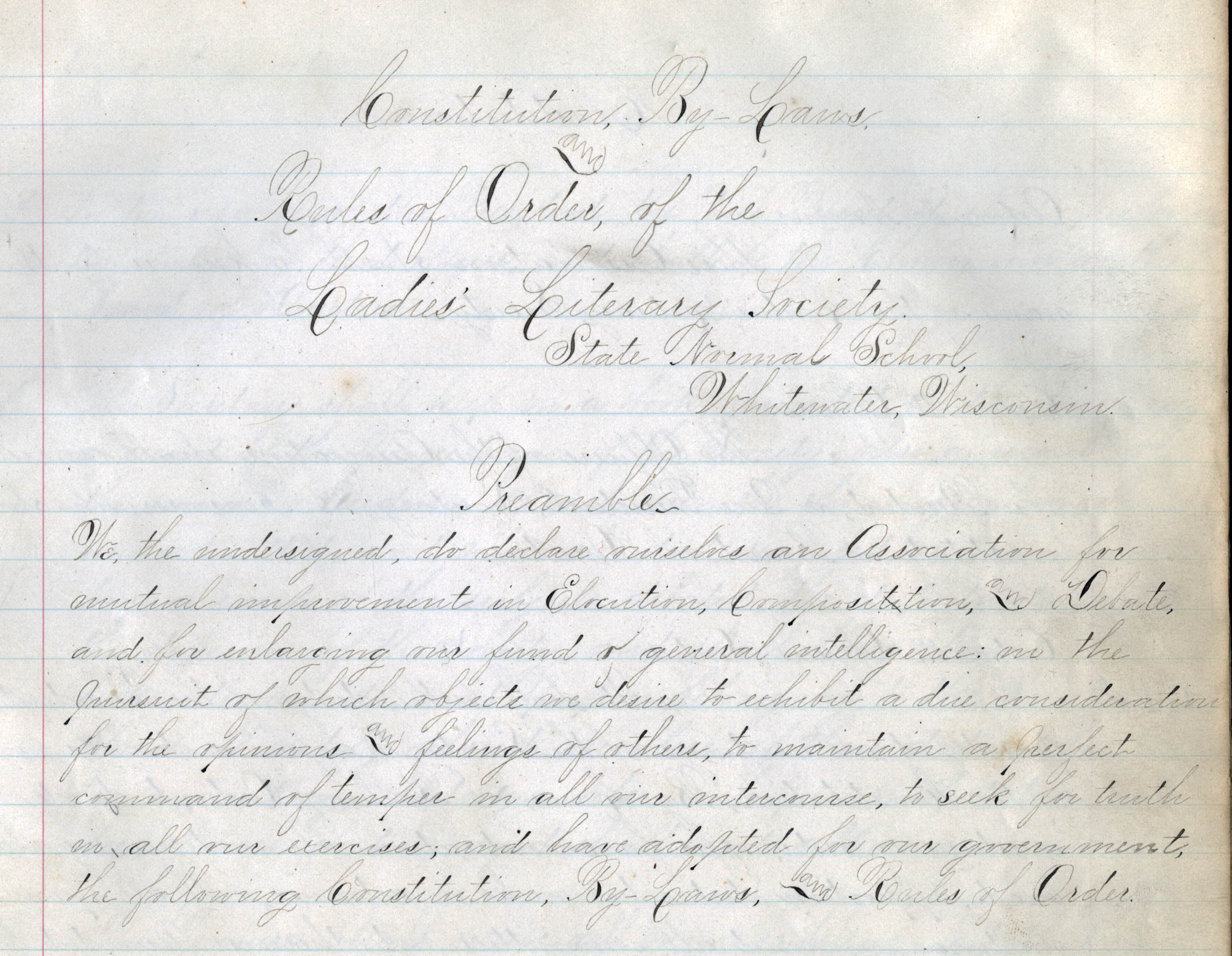
Both organizations met regularly to debate amongst themselves and occasionally the held joint meetings, the first of which was in June 1872. The debate topic question: “Resolved: That the futures has more to do with the present than the past.” The YLLS argued for the affirmative while the L.L.S. argued the negative. At the end of the debate, the judges decided in favor of the L.L.S. [7]
By 1896, the YLLS had disbanded, but literary societies continued to grow and thrive on campus. The Normal School added two additional literary societies in 1898, Aureola and Philomathia. While the charter members of Aureola constituted both male and female students, by 1911 only female students were allowed entrance into the organization. The Preamble for both society’s constitutions was the same:
We, students of the Whitewater State Normal School, desirous of cultivating our moral, social, and intellectual faculties, and believing that such cultivation will be promoted by voluntary association, do hereby form ourselves into a society…”[8]
Debating amongst the groups became so popular that the school organized an Oratorical Association to host oratorical contests between the Literary Societies. In 1909, Aureola and LLS debated the question of whether or not the United States should retain the Phillippines. The LLS won with their argument for the negative.[9]
By 1915, groups began to divide into those that wished to continue to dedicate themselves to debate and those that wanted to be more socially oriented organizations. The LLS became the Whitewater Oratorical League. This group was part of the Inter-Normal Oratorical League, comprised of debating teams from the other Wisconsin Normal Schools. Aureola and Philomathia were among the first official social sororities on campus when they became affiliated with Alpha Sigma and Sigma, Sigma, Sigma in 1932.
In the 1920s, the term “Forensics” began to replace “Debate.” The Whitewater Forensic League formed in 1923 around the following charge:
We, the students of Whitewater Normal School, realizing the value of the ability to speak in public to a teacher, and being desirous of securing practical work in public speaking, do hereby form ourselves into this society…[11]
The UW-Whitewater Forensics Team continues the long tradition of debate by winning over “100 awards annually in all three areas: limited preparation, public address, and interpretation.”[12]
[1]Lincolnian Literary Society Treasurer’s Book, Student Affairs Records, UW-Whitewater Archives & Area Research Center, Andersen Library, UW-Whitewater, Whitewater, WI.
[2]Whitewater Normal School. “Course Catalog 1868 and 1869.” p. 14
[3]University of Wisconsin-Whitewater, 1909 Minneiska, p. 62 https://www.jstor.org/stable/community.29546542.
[4]
Young Ladies Literary Society Minutes, 1872, Student Affairs Records, UW-Whitewater Archives & Area Research Center, Andersen Library, UW-Whitewater, Whitewater, WI.
[5]Young Ladies Literary Society Constitution and Minutes, 1877, Student Affairs Records, UW-Whitewater Archives & Area Research Center, Andersen Library, UW-Whitewater, Whitewater, WI.
[6]Ibid.
[7]Young Ladies Literary Society Minutes, 1872, Student Affairs Records, UW-Whitewater Archives & Area Research Center, Andersen Library, UW-Whitewater, Whitewater, WI.
[8]“Constitution and By-Laws of the Philomathia Literary Society of the State Normal School, whitewater, Wisconsin,” Student Affairs Records, W-Whitewater Archives & Area Research Center, Andersen Library, UW-Whitewater, Whitewater, WI.
[9]University of Wisconsin-Whitewater, 1909 Minneiska, p. 62 https://www.jstor.org/stable/community.29546542.
[10]University of Wisconsin-Whitewater, 1909 Minneiska, p. 50 https://www.jstor.org/stable/community.29546542.
[11]Whitewater Normal Forensic League Minutes, Student Affairs Records, UW-Whitewater Archives & Area Research Center, Andersen Library, UW-Whitewater, Whitewater, WI.
[12]UW-Whitewater. “Forensics Team.” Camps and Conferences. https://www.uww.edu/ce/camps/additional/forensics/team-bio.

